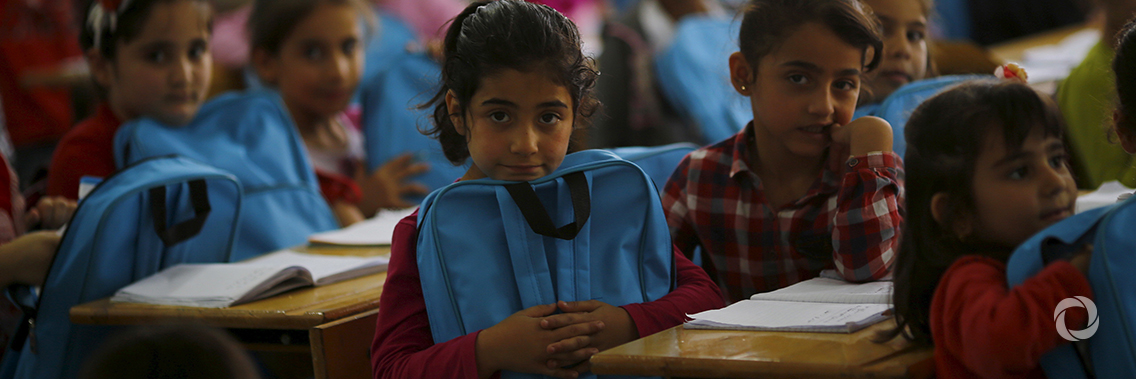The older refugee and migrant children get, the less likely it is that they will get a quality education: less than a quarter of the world’s refugees make it to secondary school and just one percent progress to higher education. Even for migrants who settle in wealthy, developed host countries, accessing university is an uphill struggle.
For many young migrants in the UK, even those who have the legal right to remain in a new country, the idea of going to university is almost an impossible dream: not only are they are charged “overseas student” fees, which can be around double those of “home” students but, until recently, they were denied access to student loans, which puts up another barrier to entry.
Migration has become one of the central themes of political discourse and media coverage in the UK and other European countries over recent years, making it easy to forget that 92 percent of young refugees are hosted in developing countries. These states have scant resources to ensure that they get an adequate education, and need support in order to be able to include refugee children in their school systems.
This is why Education Cannot Wait, the first global fund dedicated to education in emergencies and protracted crises was set up in 2016. Hosted by the UN Children’s Fund (UNICEF), Education Cannot Wait brings together public and private partners to mobilize the funding needed to deploy immediate and sustainable programmes tailor-made to the educational needs of children affected by conflict.
One such example is in Ethiopia’s refugee-hosting regions of Gambella and Benishangal-Gumuz, which received a $15 million grant from the fund, to pay for new schools and teachers. Most of the children there fled from violence in South Sudan, and schools can play a significant role in helping them to find stability and support.
But more than half of all school-age refugees are not getting any education: that equates to some four million young people unlikely to realize their economic and intellectual potential. The UN refugee agency (UNHCR) estimates that the number of young refugees receiving no schooling rose by around 500,000 in just 12 months between 2017 and 2018. The agency expects hundreds of thousands more refugee children to join these statistics unless the urgent investment is made.
Original source: UN News
Published on 06 March 2019

